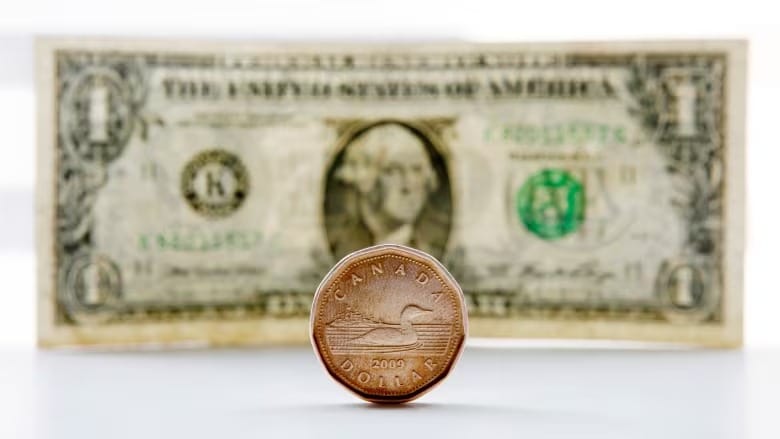Bank of Canada may need to move 'cautiously' on rates after Trump's win: Economists
“The BoC slashed policy rates 50 bps in October,” a team of BMO economists, led by chief economist Douglas Porter, wrote in a paper published Wednesday.

Economists are advising that the Bank of Canada (BoC) might need to be more cautious with interest rate reductions following Donald Trump’s election victory, which has heightened uncertainty. Trump's win has already affected global financial markets, sparking concerns over potential impacts on the Canadian dollar, trade, inflation, and productivity in both Canada and the U.S., potentially complicating the BoC’s policy approach.
In a recent paper, a team of economists recommended a slower rate of reductions, suggesting that the BoC consider smaller 25 basis-point cuts rather than the recent 50-point cut due to these heightened uncertainties. Concordia University economics lecturer Moshe Lander highlighted Trump’s unpredictability, noting it’s difficult to forecast how his administration might influence U.S.-Canada economic relations.
Additionally, experts say that the interest rate gap between the BoC and the U.S. Federal Reserve, already wide, could expand further if U.S. dollar strength continues, impacting the Canadian dollar. A weakened loonie could make Canadian goods more attractive to foreign buyers, potentially triggering inflation if demand spikes.
Tariffs are another concern, particularly if the U.S. imposes duties on Canadian exports, a possible priority under Trump. Such tariffs could raise costs for Canadian consumers, drive up inflation, and reduce demand for Canadian goods, potentially leading to job losses. Economists at TD warned that the BoC might need to respond with further rate cuts to counteract these impacts, which could pressure the Canadian dollar even more.
BMO economists argued that while a weaker dollar and tariffs might increase prices, any economic slowdown might keep inflation below the BoC’s 2 percent target, supporting the case for easing policies. However, the BoC faces a challenging path forward, and any future steps will need to account for the unpredictability of U.S. policy decisions under Trump’s administration.
Lander summed up the situation, calling it a "wild card" for Canadian consumers and policymakers alike, adding that the BoC may face difficulties in clearly communicating its policy approach amid this uncertainty.





